
If you commute often, you ought to choose a sustainable way of commuting. So, can you use a mountain bike for commuting? We have the answers.
Is a mountain bike ideal for commuting? What features does it have to make it possible to commute? How comfortable is commuting with a mountain bike? What are the pros and cons of using a mountain bike for commuting?
It is possible to commute comfortably on a mountain bike with a few changes depending on your work terrain. On bumpy road surfaces, mountain bikes will easily move since it is built to handle pressure while maintaining control. On smooth roads, it is slow and requires more pedal power.
This article will explore whether it is possible and convenient to commute using a mountain bike and the features a mountain bike has that make it possible to commute. Additionally, it will also examine whether a mountain bike provides the best option for commuting and the pros and cons of using a mountain bike for commuting. So, if you have a mountain bike but are unsure whether it is suitable for commuting, we are going to explore this.
The objective of the article is to ensure that our readers get knowledgeable, factual, and well-researched information. Our experienced team of researchers, authors, and other skillful personnel ensure that the content you get is descriptive and accurate. Therefore, when you read our content through our articles and other guides, we can assure you that the data and information you get is credible.
Overview
Mountain bikes have undergone a lot of improvement since their introduction just a few decades ago. What was initially considered a clever concept for a bike has quickly developed into a very adaptable, all-around style bicycle, which is well-liked by amateurs and experts of all ages and skill levels.
The most significant advantage of most mountain bikes is that they can handle a variety of terrains and remain in good condition. A mountain bike is made to be quick and responsive, but it also has features that enable it to handle difficulties one might come across while cycling. Mountain bikes share characteristics that offer improved grip, vibration damping, and comfortability, mostly in off-road settings. When it comes to commuting, mountain bikes are convenient, but they will require regular maintenance since their features are made for offload cycling.
Can you Use a Mountain Bike for Commuting?
A mountain bike is a smart option for commuting if one prefers comfort. It has a more comfortable and upright position than other bikes, absorbs any shocks and vibrations, and is made to last. Due to their suspension, mountain bikes make enjoyable commuter bikes. Those who love to commute using mountain bikes don't have any trouble with potholes, cracked pavement, or dirt. If one flies off the curb, the suspension will absorb the impact.
Pros of Mountain Bike as a Commuter Bike
More Grip and Traction
Because of the size and form of the wheels, mountain bikes have better traction than other types of bikes. Most mountain bikes have larger wheels with defined threads that create a high rolling resistance. They are also inflated with less air, allowing the tire to level down as one rides through flat terrain. This is because there is more traction as the tire flattens.
Providing excellent traction is even more helpful in winter since most routes can be wet or icy. However, changing the tires with a narrow variant on a slick surface will be advisable since they will have less contact on the ground creating stability. Additionally, if the road contains gravel, small rocks, and any other debris will require a bicycle that will provide more traction. As a result, mountain bikes have become the best option since their tires are meant for such terrains.
Suspension System
A mountain bike's front and back wheels are frequently suspended, making riding the bikes on rough terrain more comfortable. If the road is filled with bumps, potholes, and other bumps, mountain bikes are ideal since they can absorb shocks. On smooth or level roads, one can choose to buy a mountain bike that has no suspension or even disable them while riding.
Comfortability
In other traditional bikes, their shape compels one to slump more while commuting. This can be problematic for individuals who experience back discomfort. A mountain bike gives one the option of a somewhat more upright riding distance. While sitting up is better for your back, it also reduces the ability to pedal. Even though pedaling can be challenging while sitting upright, one can sit more comfortably and have better control over the bike.
Durability and Versatility
Mountain bikes are made to withstand any pressure and still function conveniently. The frame has been carefully designed with materials such as aluminum, titanium, and carbon fiber, among others, to make it robust and adaptable to any terrain. The frame creates the aggressive nature of the bike needed when commuting on the road filled with cracks and potholes and off-road.
Regarding versatility, most mountain bikes are all-terrain convenient; therefore, one can use them on a wide variety of trains. Even though its speed will not be the same as commuting on roads, just like road bikes, it will still be efficient. Buying a mountain bike will save a lot of money because one will not require buying different types of bicycles to fit the given terrain.
More accessible to Control and Dismount
It can be risky to ride a bicycle to work, especially bikes that have poor control and are difficult to handle. In the US, motor vehicles claim the lives of about 850 cyclists annually due to loss of control. On bikes such as the road bike, one has little time to react when moving quickly. One’s ability to maneuver is likewise reduced while riding while leaning forward.
Mountain bikes have a more responsive design that gives one better control thanks to the wide handlebars. The handlebars enhance one’s ability to avoid obstacles, thus swiftly reducing the chances of accidents. Their wide handlebar and fit pedals allow one to dismount before a collision occurs quickly. Because mountain bikes are designed to be tough, the bikes are less likely to incur severe damage when an accident occurs.
Cons of a Mountain bike As a Commuter Bike
Heavy Frames
If one wants to commute at incredible speeds, mountain bikes will lag you down. Other cycles, such as road bikes, typically weigh roughly 18 pounds, while mountain bikes will weigh at least 30 pounds. The added weight can become an issue if one has to carry your bicycle during your commute. For instance, if one gets a flat tire during the commute, one will be forced to carry the bike to get any repair services which will be tiring.
More Pedaling Power
When riding on rocky terrain, mountain bikes often have suspension systems to cushion the impact of the rocks and other debris. Although shock reduction is helpful when cycling on a rough road, it reduces the effectiveness of your pedaling. One will require to pedal more since the suspension system and the wide tires absorb the pedaling power leading to a loss in pedal efficiency and high rolling resistance. This becomes a bigger problem when traveling on flat roads without a lot of stopping and starting.
Speed
Mountain bikes are unsuitable for extended distances due to their heavy frame and high rolling resistance. Other traditional bicycles are made with as little surface contact, and wind resistance. If one is using a bike such as a road bike, one will travel at an average speed of 15 mph. The average speed may drop to 10mph if one is cycling a mountain bike on a similar road. Slower trips will make your trip long and tiring.
Wrapping it Up
Mountain bikes are regarded as the most adaptable type of bicycle ever made. Even though they are only designed for off-road riding, they can still be convenient for commuting. Its features, such as wide handlebars, upright position, and robust frame, help it to withstand the pressure of rough and bumpy roads. However, when it comes to flat roads, the speed will be low due to the heavy frame, and the rolling resistance will be high due to wide tires.












































































































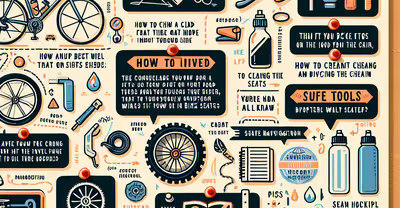


























































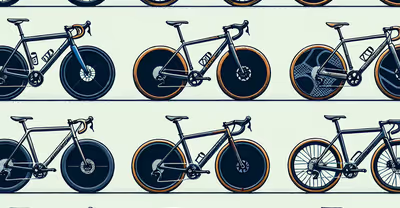

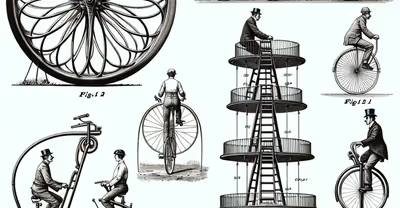










































































































































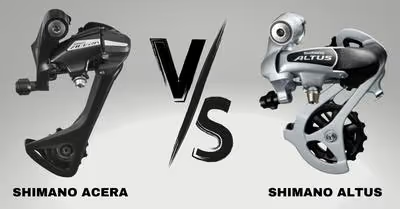









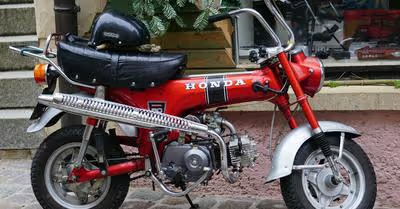






































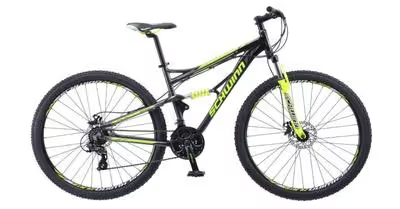




























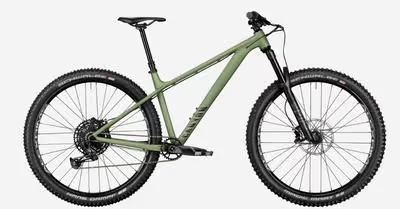











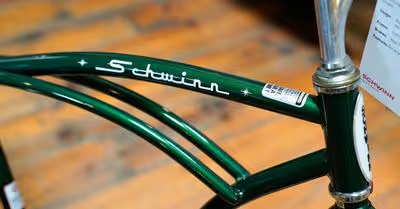












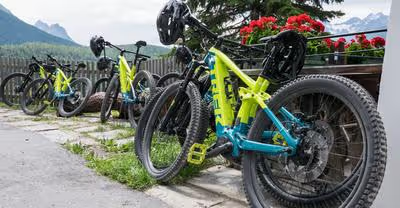




















































































































































































































































































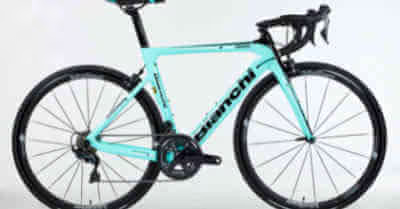


































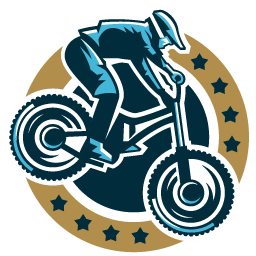
.avif)
